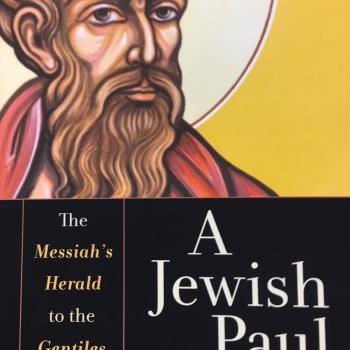I think my seventh grade history teacher must have been Jewish. On the first day of class, she had written on the chalk-board (large enough to take up most of it) the following:
“Those who do not learn from the past, are doomed to repeat it in the future”
At the time, it seemed slightly contrite, but over the years I have truly come to appreciate the truth behind this statement. It is often quoted in many different forms with many different attributions, but the point is always the same. If we do not truly learn from that which has happened in our history, it is sure to occur again.
Judaism has a large focus on remembering. I posted around Yom Ha’Shoa, asking what it means to remember and it got me thinking more over the past month about this topic. Having had many conversations with individuals with varying personal and religious experiences, I wanted to revisit the topic with more reflection and more moments of “remembering” behind us.
Shortly after Yom Ha’Shoa, we celebrate Yom Ha’Zikaron (Israel’s Day of Remembrance), which unlike Memorial Day and Veterans Day in the Unites States, is actually observed across the country. They sounds the sirens and observe a moment of silence. Still, I have to ask – is that enough?
Talia has been sharing insights here on the Counting of the Omer, which we do to remember the Biblical commandment to do so, and also in anticipation of the rebuilding of the Holy Temple in Jerusalim, when once again we will be observing the Biblical command of counting the Omer. We take on many of the customs of mourning in this time as well for the same reasons. What do we really remember by engaging in this nightly counting though?
Soon we will celebrate Shavuot, the holiday where we remember receiving the Ten Commandments at Mount Sinai. There is a tradition to stay up all night learning so that you are awake at dawn to read that excerpt from the Torah and show your excitement to receive the commandments. The most common tradition however, is to eat dairy products for Shavuot. This is said to remind us that the Torah provides the ultimate in comfort, nurturing, and love like mother’s milk. Also, the Hebrew word for milk (Chalav) has the numeric value of 40, which is how many days Moses stayed on Mount Sinai. So some people say we eat dairy to remember Moses’s long stay before bringing the Torah to the community. How many people do you think are really thinking about any of these as they nosh on cheesecake or pry their eyes open to stay awake all night?
We engage in moments of remembering regularly, however, we rarely take the time to look at the reasoning behind it or the situations which led to the need to remember. If we are not able to truly remember that which has happened in the past – even as we actively engage in it – how can we ever hope to change the future? We need to place more emphasis on learning the history. Not only on what happened in the moment, but what lead up to it. If we do not know what was occurring in Germany as Hitler rose to power, we can never hope to understand the climate which allowed such an atrocity to happen. If we do not look at the similarities between the Shoah, Rwanda, and Darfur, we will never learn what can be done to help prevent genocide – since we have learned by now that once it gets started, it is too late to change the momentum of the killing.
I encourage all of you to take a moment to think about your own life – where you came from, what has shaped your family, and what you know now. Does your life take on a different meaning with more ancestral knowledge? Just imagine that impact on a global scale… It is impossible to ignore the need to know more about our history, so that we can ensure it is not repeated.















